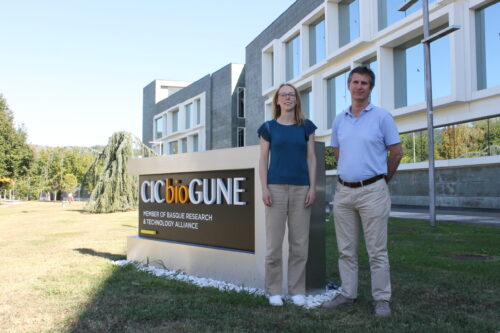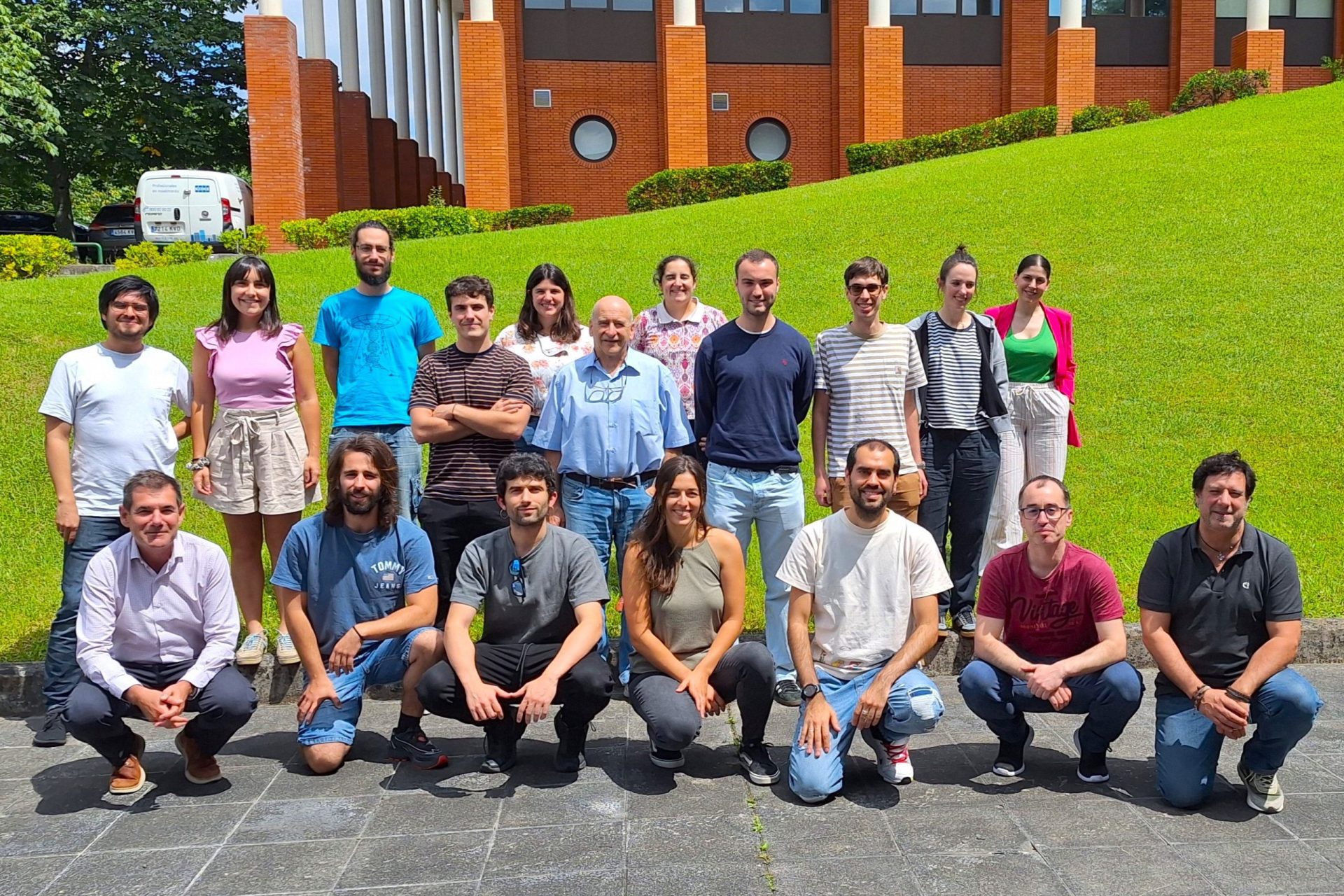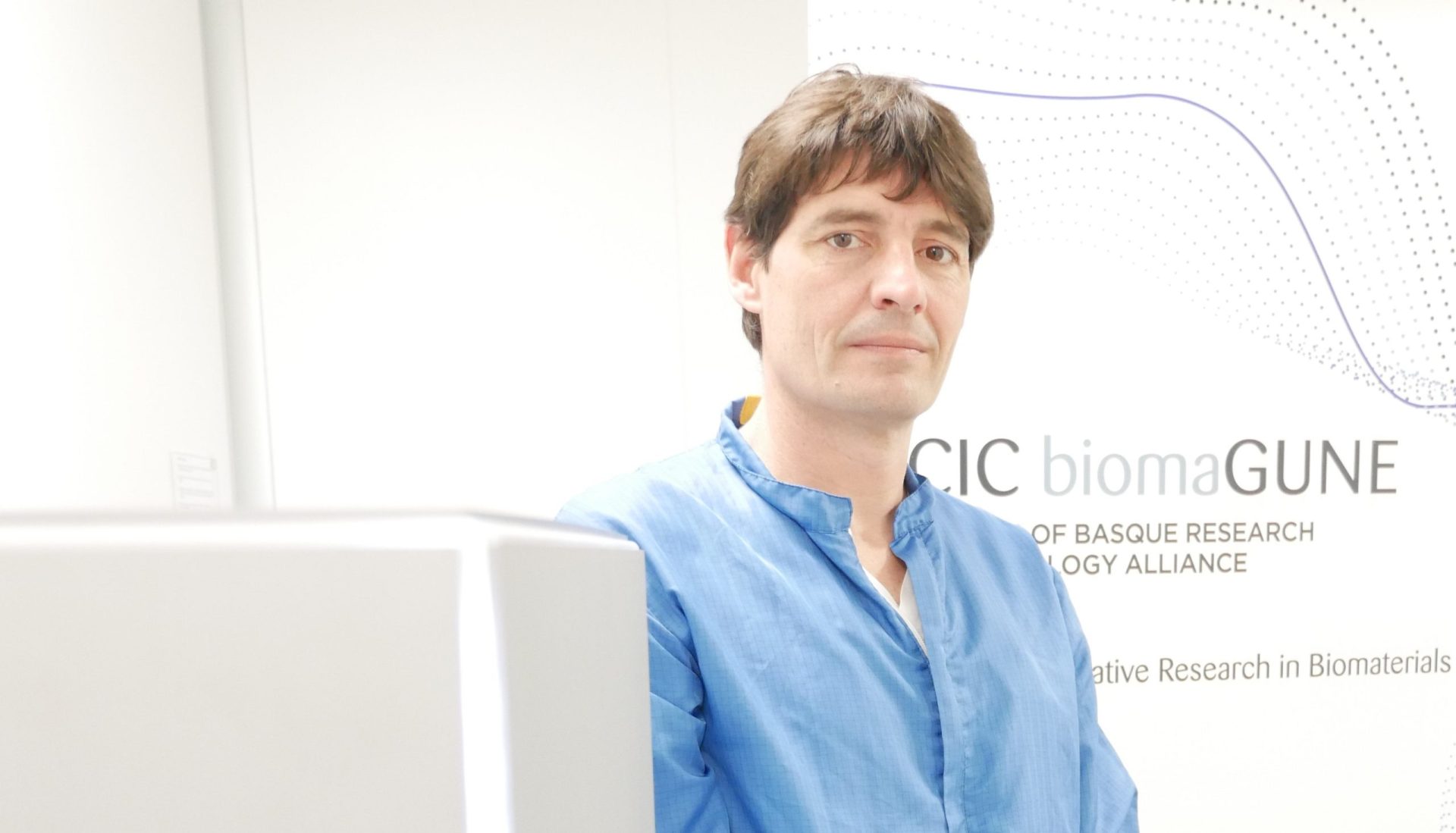The U.S. Alzheimer Association funds CIC bioGUNE research aimed at identifying a new approach for early diagnosis of the disease

The study, which will run for the next three years, advances the hypothesis that the metabolome of central nervous system-derived exosomes could be a highly valuable tool for discovering new biomarkers of Alzheimer’s disease
The research will also investigate the role of exosomes in the spread of the disease
 The U.S. Alzheimer’s Association is to fund research by CIC bioGUNE over the next three years to identify a new approach to early diagnosis of this neurodegenerative disease. The project, accepted within the framework of the Association’s international research grants programme, is rooted in the hypothesis that the metabolome of central nervous system-derived exosomes could be a highly valuable tool for discovering new biomarkers of this pathology and understanding the metabolic changes underlying the disease.
The U.S. Alzheimer’s Association is to fund research by CIC bioGUNE over the next three years to identify a new approach to early diagnosis of this neurodegenerative disease. The project, accepted within the framework of the Association’s international research grants programme, is rooted in the hypothesis that the metabolome of central nervous system-derived exosomes could be a highly valuable tool for discovering new biomarkers of this pathology and understanding the metabolic changes underlying the disease.
Juan M. Falcón-Pérez, Ikerbasque researcher in the Exosomes Laboratory at CIC bioGUNE and principal investigator of the project, explains: “We believe that this research may identify a new way to diagnose Alzheimer’s disease at an early stage. Furthermore, the project contributes to understanding the progression of the disease, which may generate new potential opportunities to develop therapies”.
“Biomarkers for Alzheimer’s disease are in high demand, as they can enable early diagnosis and, where appropriate, follow-up therapy”, Dr. Falcón-Pérez adds. “To identify early, non-invasive biomarkers, we will characterise exosomes from patients using metabolomics methods. Our second objective is to investigate the role of exosomes in the spread of the disease. Therefore, we will analyse the effect of Alzheimer’s disease exosomes on the metabolome of neurons using an in vitro model”.
The objective of the Alzheimer’s Association grant programme, based in San Diego, USA, is to fund innovative investigators in research areas related to this pathology. The unique combination of CIC bioGUNE expertise in the fields of exosomes and metabolomics opens up a new perspective in the search for biomarkers of Alzheimer’s disease, a factor that has been taken into account when awarding the grant to the project. Until now, research into the discovery of Alzheimer’s disease biomarkers in exosomes has focused mainly on proteomics and transcriptomics methods.
The research will be conducted by Dr. Elisabeth Rackles, co-principal investigator of the project, who has recently obtained a prestigious postdoctoral grant from the Walter Benjamin Programme in Germany, and who holds a postdoctoral research position in the Exosomes Laboratory at CIC bioGUNE.
Connection between exosomes and Alzheimer’s disease
Exosomes are small vesicles that are released by cells and which carry a molecular load that varies according to the biological state of the cell. Therefore, the composition of exosomes is considered a potential source of reliable and non-invasive biomarkers. Recent studies have described a link between the presence in the cell of intermediates of specific metabolic pathways and the development of Alzheimer’s disease. The hypothesis that CIC bioGUNE will work on is that these molecules are also present in the composition of exosomes derived from the central nervous system. Thus, the exosome metabolome could be a tool for understanding the changes that occur in the metabolism of patients with Alzheimer’s, thus discove




